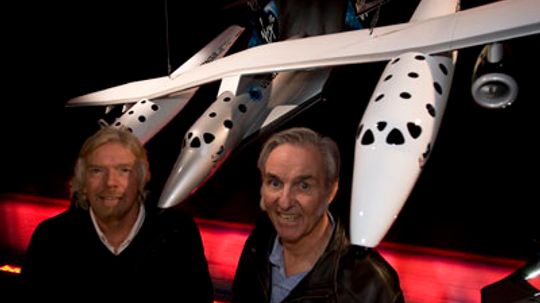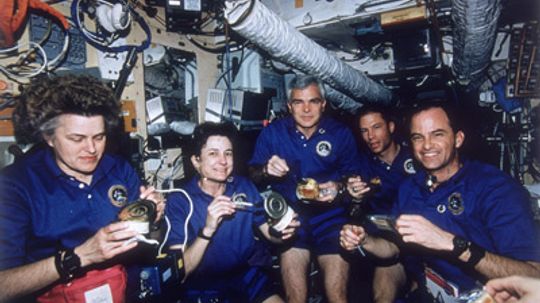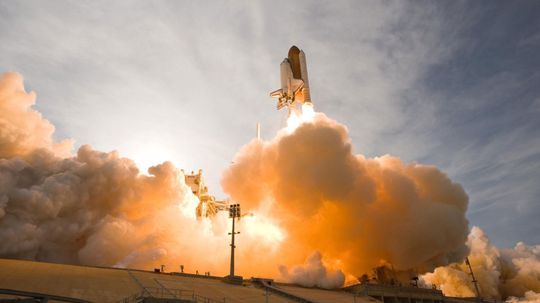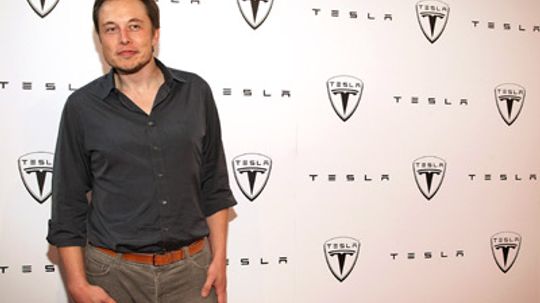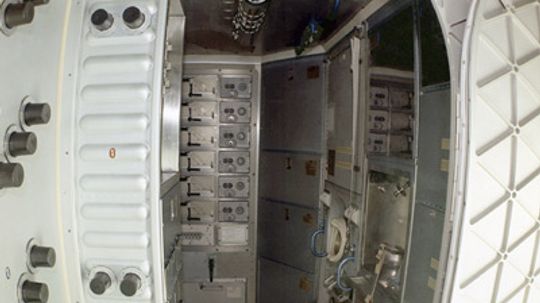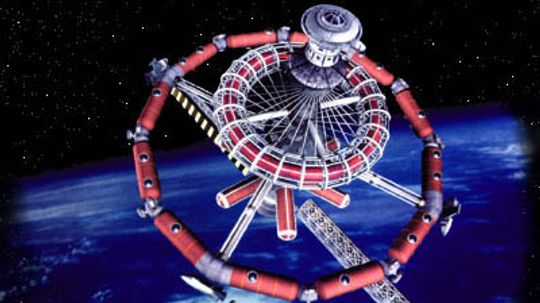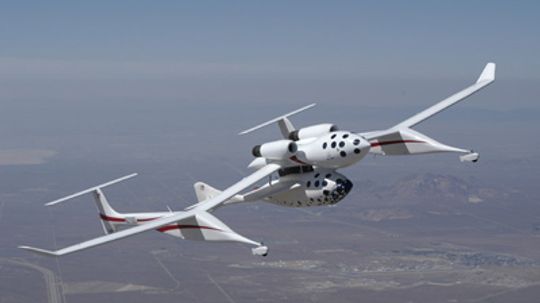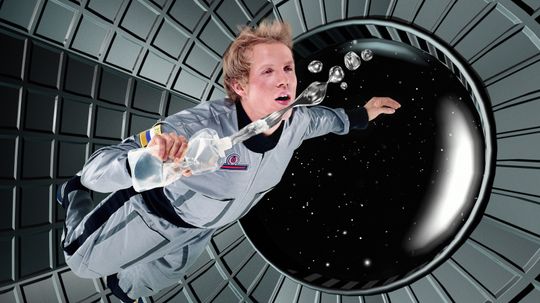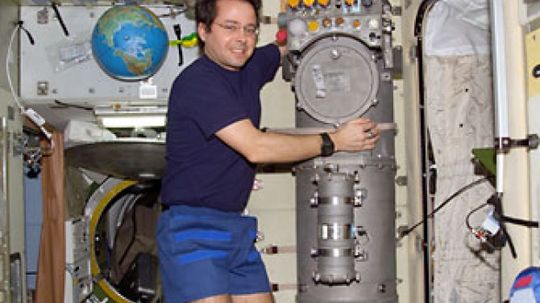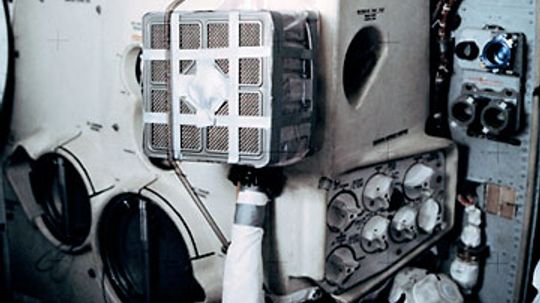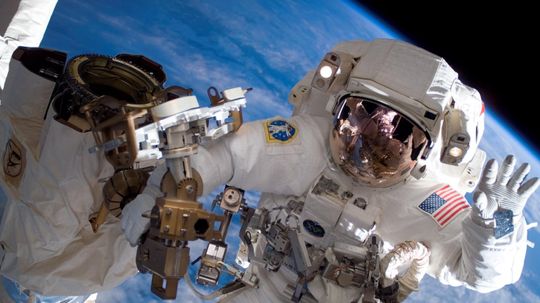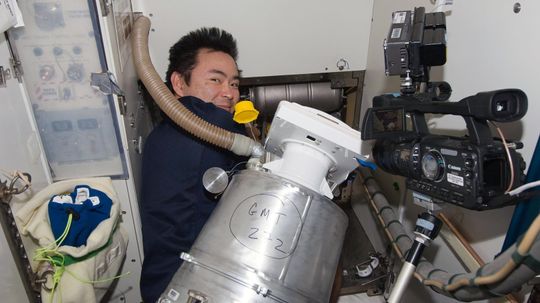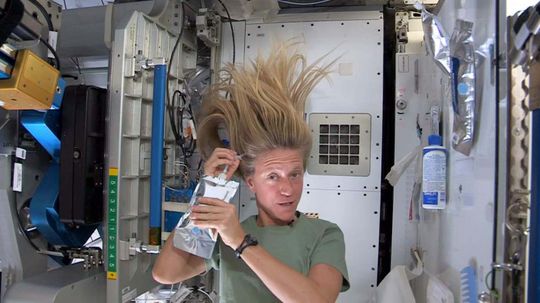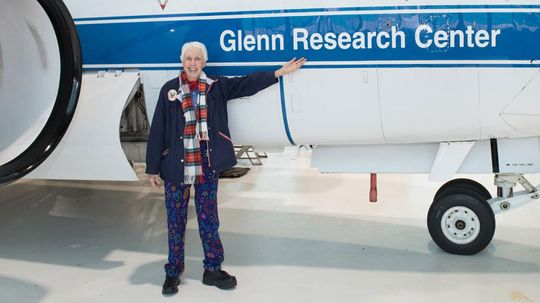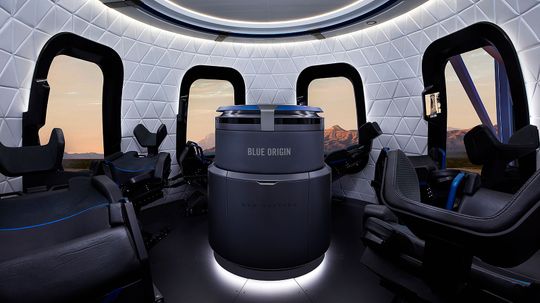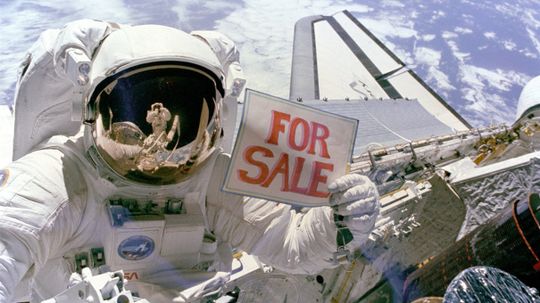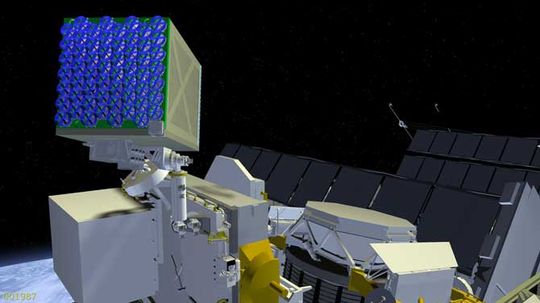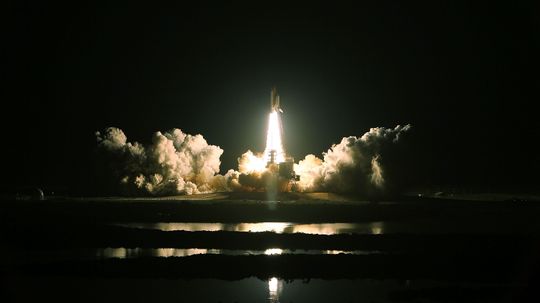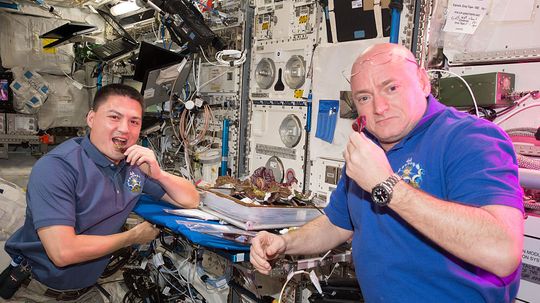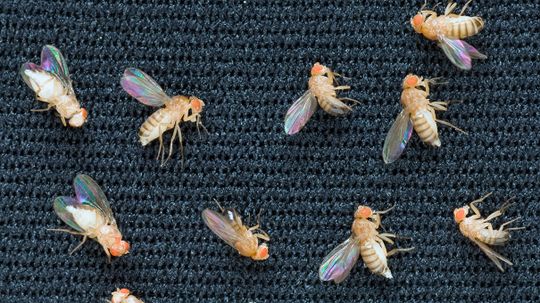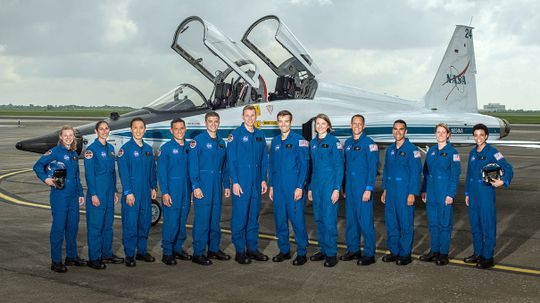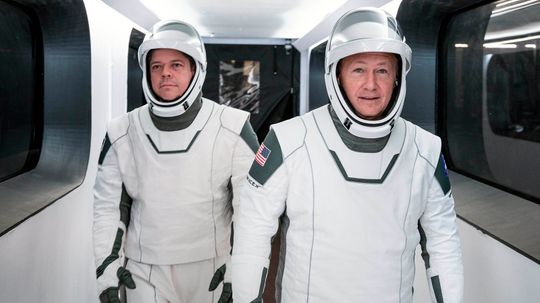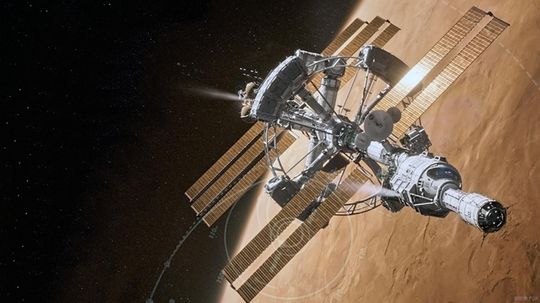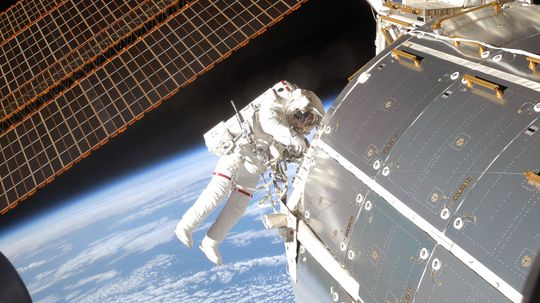Spaceflight
Spaceflight covers topics related to human presence in outer space. Learn about weightlessness, astronauts and space tourism in this section.
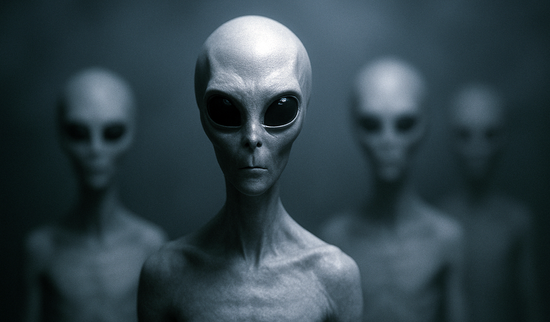
Tall Whites: The Classic Extraterrestrial Archetype
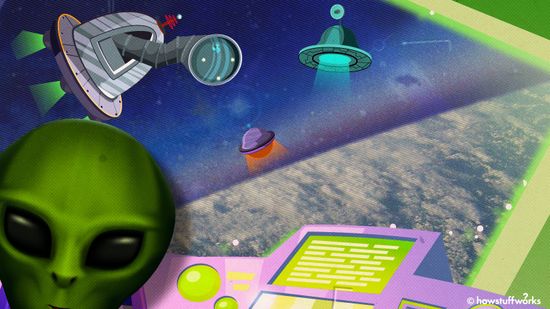
The Zoo Hypothesis: Are Aliens Watching Us Like Animals in a Zoo?
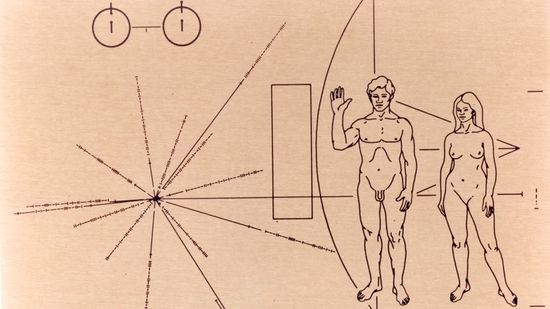
Communicating With Aliens Is Hard. Communicating With Alien AI Could Be Harder
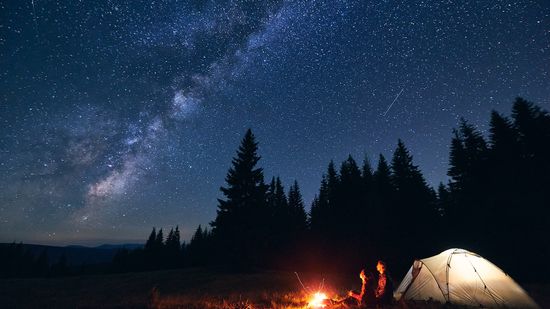
10 Types of Stars Blazing and Collapsing in Our Universe

7 Types of Eclipses: Lunar, Solar and ... Hybrid?

Why a Geomagnetic Storm Makes for Pretty Skies and Tech Scares
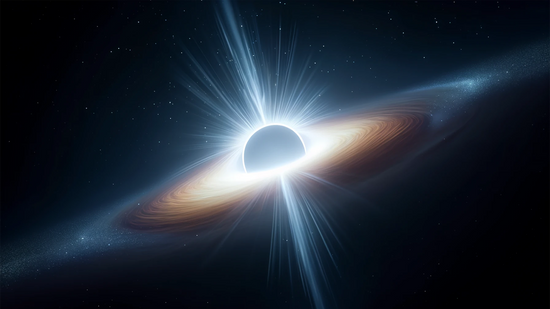
What Is a White Hole? Does the Cosmic Phenomenon Exist?
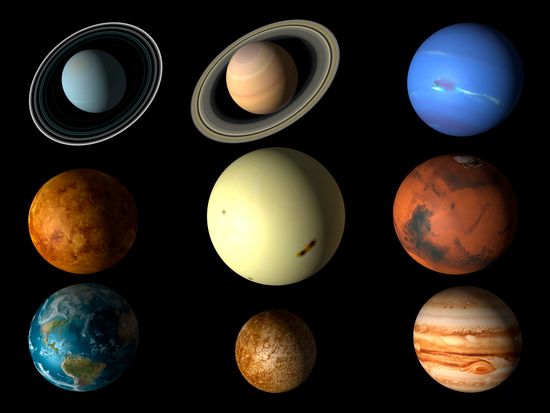
10 Best Ideas for Interplanetary Communication
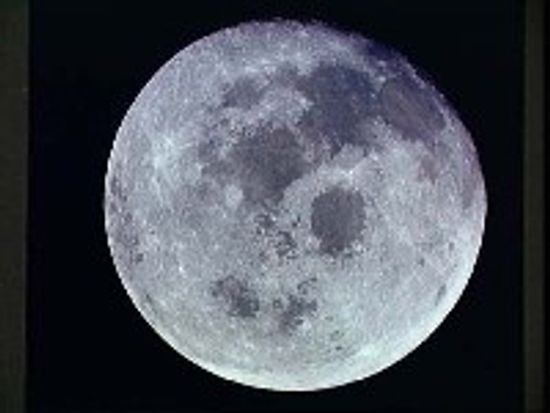
How can the moon generate electricity?
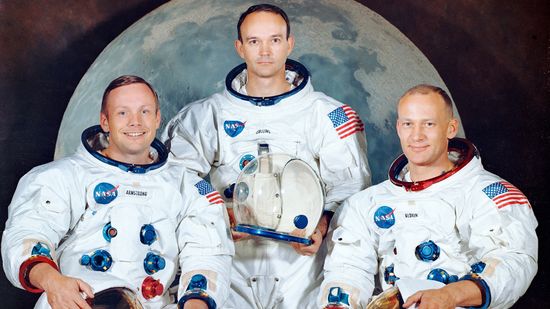
15 Famous Astronauts Who Expanded Our Universe
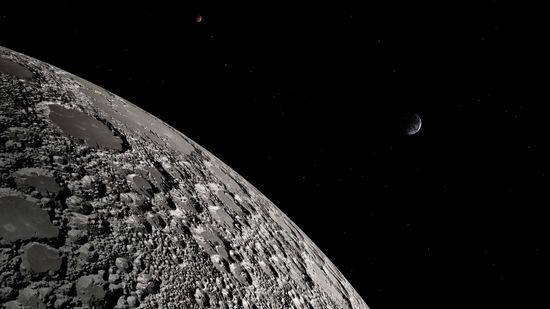
2023 India Moon Landing Was World's First at Lunar South Pole
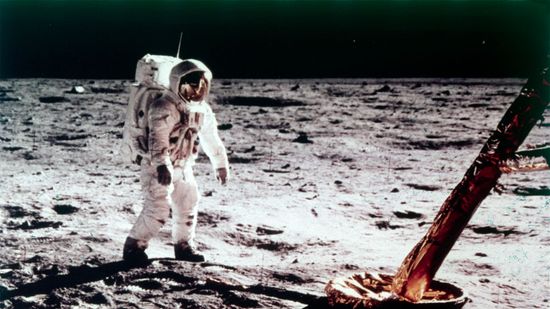
Quiz: Apollo 11, the First Moon Landing
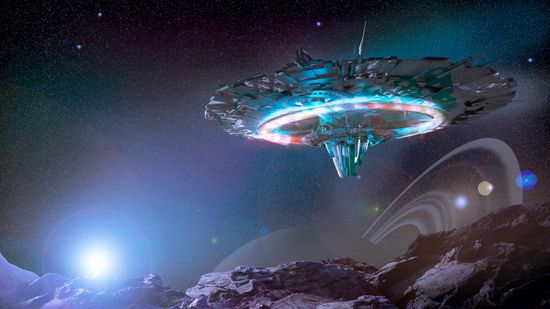
The Fastest Fictional Spaceships
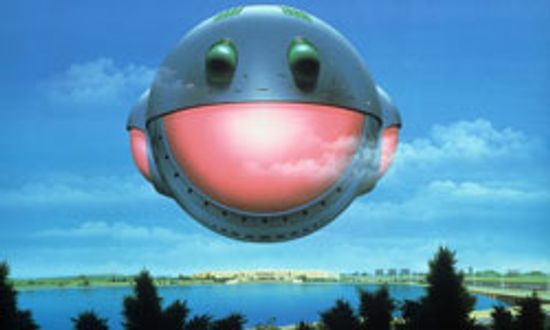
10 Fictional Spacecraft We Wish Were Real
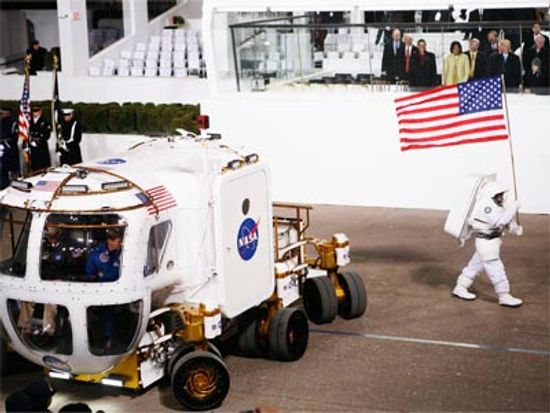
How Lunar Rovers Work
Learn More / Page 2
The not-so-distant future, regular people will be able to take flights into space. So how do you score a spot on a Virgin Galactic flight?
Space food has come a long way from Project Mercury's paste-filled tubes. Today's astronauts select menus that include everything from macaroni and cheese to brownies. So do astronauts really eat space ice cream?
When most people think of NASA, they probably think of astronauts and the Kennedy Space Center. But there's a whole lot more to this 60-year-old organization.
Advertisement
Internet king turned rocketman? After making his fortune on the Web, Elon Musk entered the commercial space race. Will this businessman and his SpaceX company make space tourism affordable?
By Jane McGrath
When nature calls, you have to listen. But when you're in microgravity, going to the bathroom can be a major challenge. How do astronauts get the job done?
A new space race is on -- who will be the first to build a space hotel? One company has gathered 3 billion dollars to do just that. Find out what life in a luxury space hotel might be like.
It's launch time for the first privately funded space flight. In the course of battle for the X Prize, a group called Scaled Composites has built and tested SpaceShipOne, a sub-orbital spacecraft intended to carry tourists on the ride of their life. Learn all about the craft.
Advertisement
As the International Space Station astronauts return to Earth after a three-month stay, learn about the effects of weightlessness on the body.
On Earth, we have a constant supply of fresh air. But what happens in the tiny, confined cabins of spacecraft, like the space shuttle or space stations? How is oxygen supplied to the people on board?
In the confined cabins of spacecraft, like the space shuttle or space stations, carbon dioxide, which is toxic, poses a problem for astronauts. Keep reading to see how that CO2 is eliminated.
Humans in space may age just a bit more slowly than the rest of us, but they also experience rapid muscle and bone mass loss. Why does this happen, and do astronauts recover?
Advertisement
When you think about space travel, you probably don't take the time to wonder how astronauts go to the bathroom. However, the annals of aeronautic history abound with space bathroom tales. Here are 10 of our favorites.
Showering every day is likely something you take for granted. But for astronauts on the International Space Station, it's not an easy task.
On July 20, 2021, Wally Funk will blast off. Her trip to space has been delayed since 1961, when the 'Mercury 13' Woman in Space Program was cancelled.
Today, Blue Origin flew its billionaire founder Jeff Bezos and three others into space, a week after Virgin Galactic flew its billionaire founder Richard Branson on the same mission. Will space tourism be more than a millionaire's hobby?
Advertisement
When you think of NASA, you probably think of an all-around professional organization. And you're right. But, those astronauts like to have a lot of fun, too.
By Mark Mancini
GPS is great, but it's kind of Earth-centric. If we have our hearts set on traveling to distant planets and faraway stars, then it's time to come up with a new navigation system. NASA, of course, has an idea.
From sporting goods to movie memorabilia, members of the space program have been inventive about what they take into space. Here are 10 offbeat items that have taken the ride.
In space, poop is often a problem. Maybe it will be part of the solution, thanks to a study showing waste can become protein and fat.
Advertisement
The little flies have way more in common with us than you think. And it made them the perfect test animal to send to space.
By Mark Mancini
NASA astronauts have to undergo serious training before becoming approved for a trip to space. But some of that training is certainly not what you'd expect.
By Mark Mancini
NASA's historic Beach House on Cape Canaveral is the last place many astronauts visit before they blast off into space. Today it's full of mission memories and NASA artifacts.
By Mark Mancini
For the first time since 2011, NASA will launch astronauts into space from U.S. soil. It will also be the first time ever a private company will get them there.
By Mark Mancini
Advertisement
NASA and other agencies have been studying artificial gravity in hopes they will someday use it to help astronauts combat the effects of weightlessness in space. How close are we to that reality?
We know space is awash in ultraviolet radiation. So how are astronauts protected from all those UV rays?
By Mark Mancini
